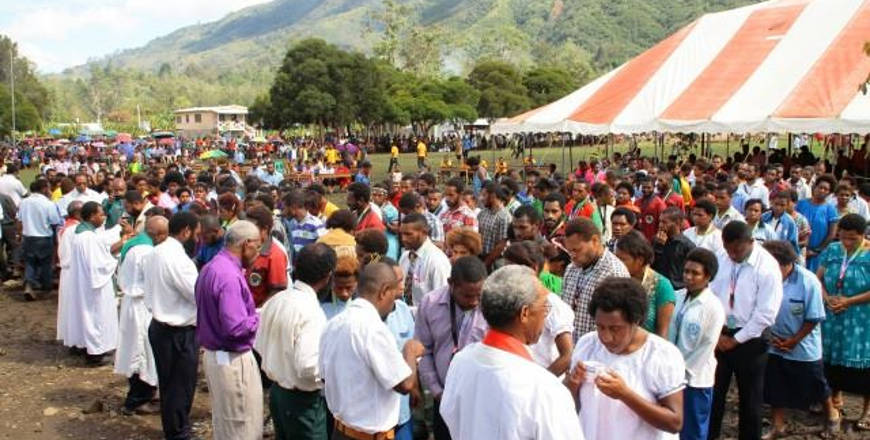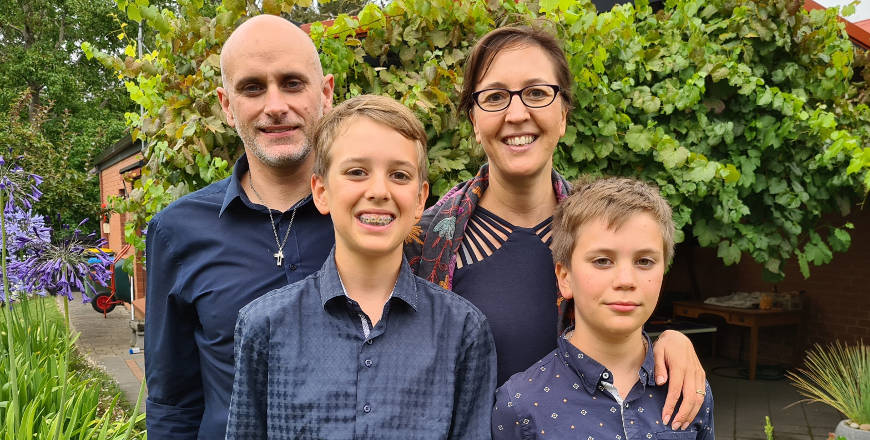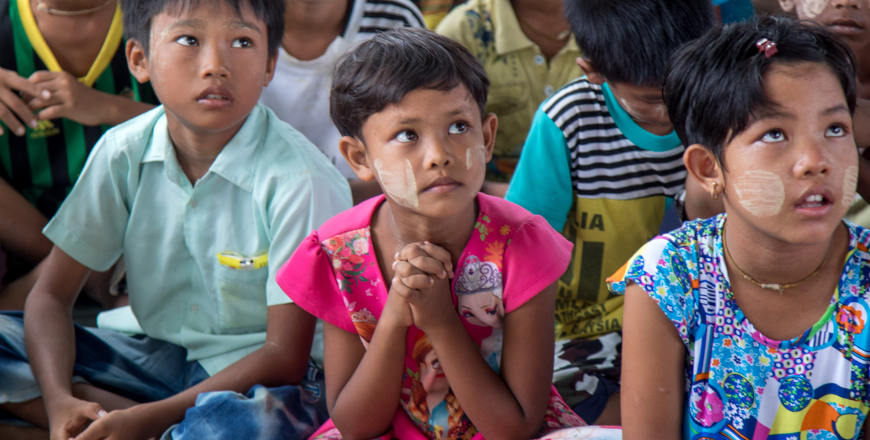Celebrating the resurrection of Jesus
I remember being a young boy in my village in the 1970s and 1980s and hearing the sound of the traditional Papua New Guinea instrument garamut on Easter Sunday mornings, calling people to worship. You can hear the deep sound many miles away and it can wake people who are sound asleep!
As early as 3am or 4am on Easter Sundays, the elder of the congregation would hit the garamut to wake people, indicating that it was time to get ready for worship. People walked to the service, holding dry coconut leaves or dry bamboo which was alight, showing the way. As they arrived, each person would throw their light onto a single pile, keeping the light going. Most Easter Sunday services were not celebrated in the church but at a cemetery or a nice location like the beach or on a hill.
When everyone had arrived, the celebration and service would start, often as early as 5am. After the pastor opened with the invocation and prayer, young men and women would dramatise the resurrection story, songs were sung in their own languages and vernacular church language used. Many songs were traditional tunes composed by the worshippers, to fit the occasion. The celebration and worship ended with reflection on the resurrection story, prayer, the Lord’s Prayer, benediction and a sending hymn. The celebration service would be finished by about 6.30am or 7am.
In some urban congregations people process to the church. On Easter Sunday, the congregation gathers at some distance from the church, lights candles and starts singing. Youth groups lead the procession to the church carrying candles. Sometimes members lead with traditional kundu drums, singing songs in vernacular language. When they enter the church, the pastor shouts, ‘Christ is risen’ and the people respond, ‘He is risen indeed’.
In my small congregation, in Lae/Malahang, we also celebrate our Easter service early. Women members are up as early as 4am, going to the church to sing and meditate, as they wait for others to arrive. They hit kundu drums and sing in Tok Pidgin, Kote and Yabim languages. When others arrive at around 5am, the elder gives them a candle. We follow the usual Sunday liturgy for the service and praise God with songs in different languages.
This story was also published in the April 2021 edition of Border Crossings, the magazine of LCA International Mission.
Many of our partner churches are working in new territory for the kingdom of God; therefore, spiritual attack is their everyday reality. As a member of a congregation, school, or family, or a couple or individual, you are invited to commit to praying for our partners in mission. For regular prayer point updates, go to www.lca.org.au/international-mission/act-now/pray
Read more stories about our partner church in Papua New Guinea at http://www.lcamission.org.au/category/stories/international-partners/papua-new-guinea/




